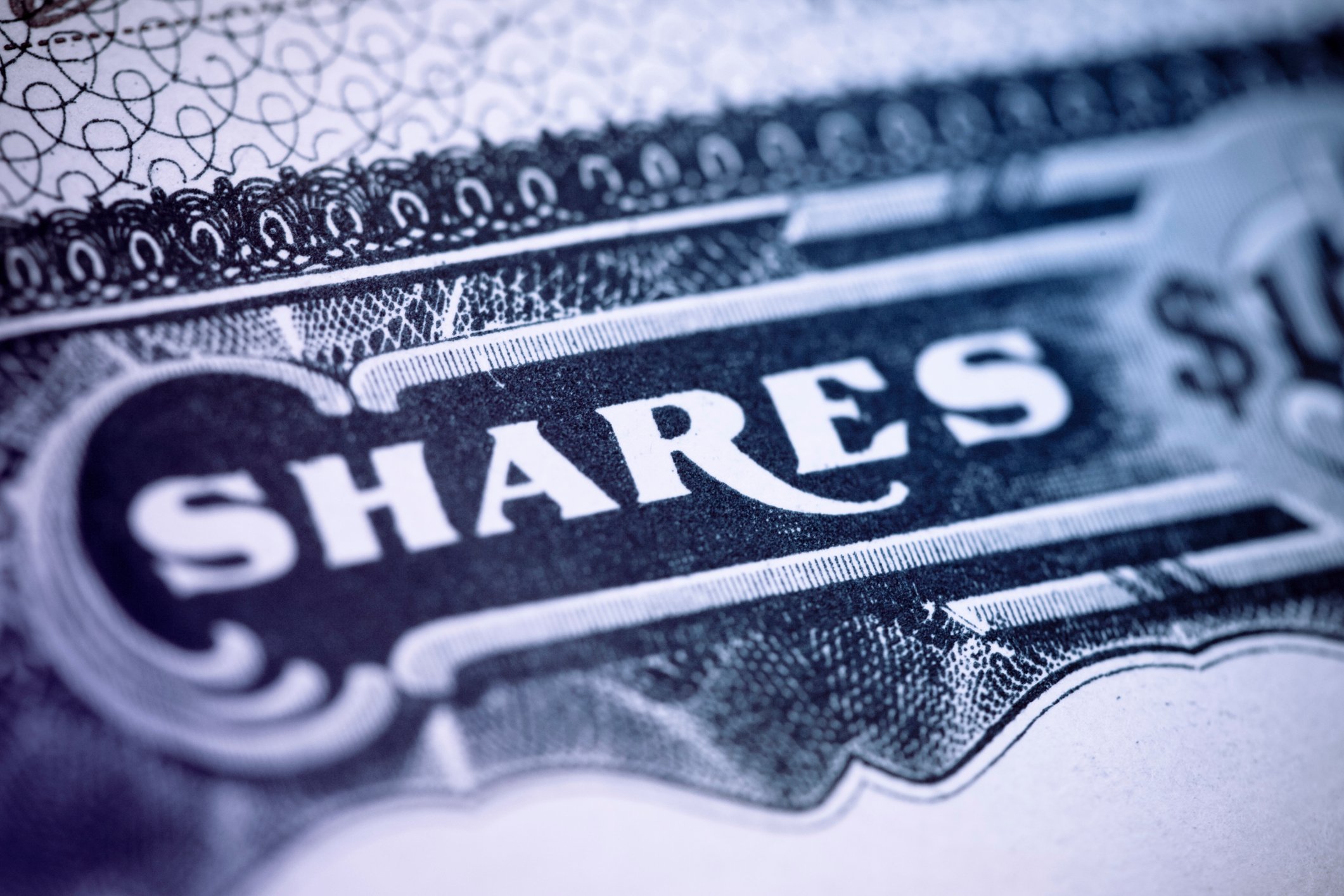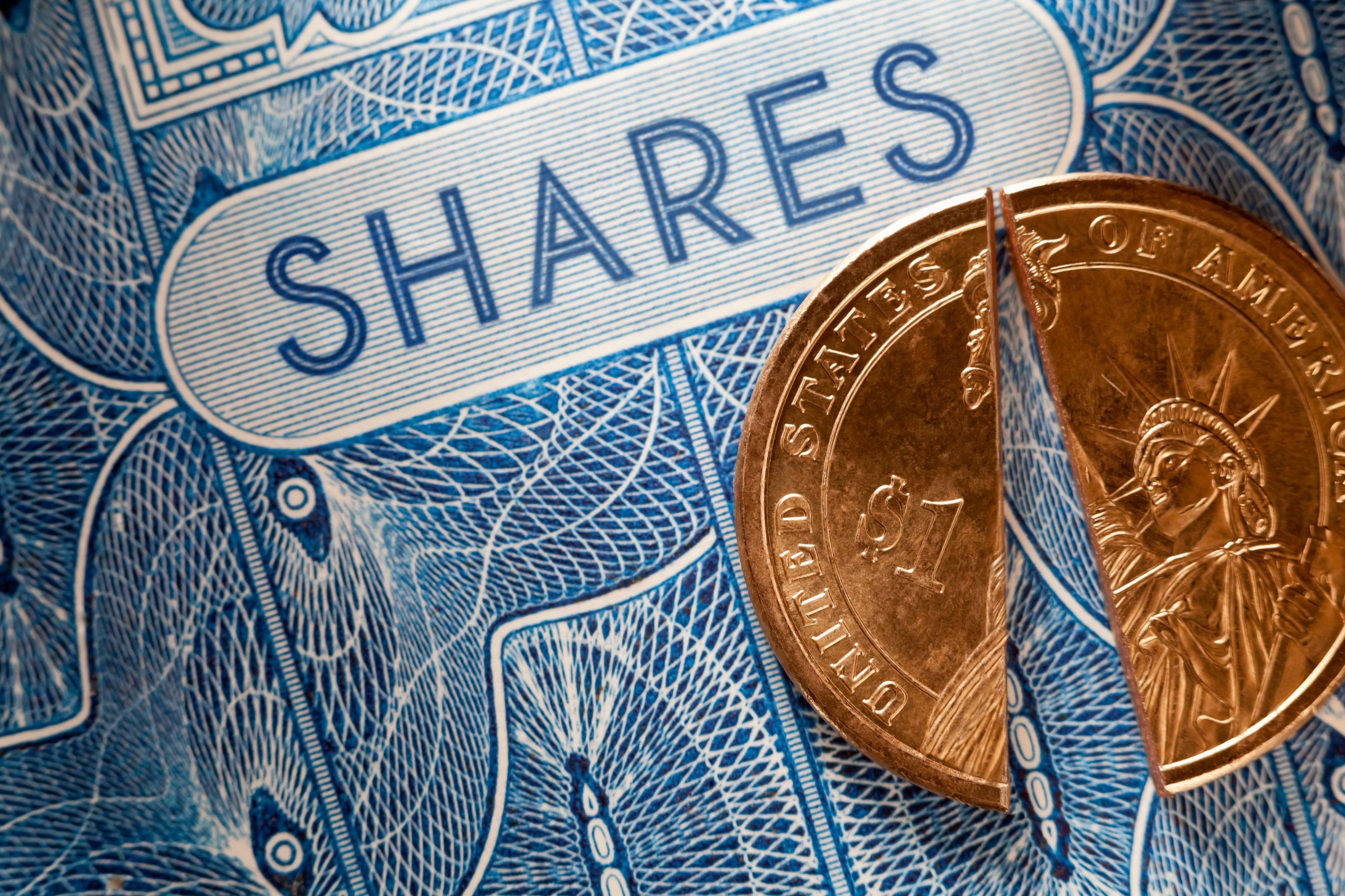It was another eventful week for the only satellite-radio provider. Shares of Sirius XM Radio (SIRI +0.00%) retreated alongside the market, shedding 2.2% of their value on the week. The S&P 500 fell by 1.4%, with the Dow and Nasdaq composites falling even harder.
That's fine. Sirius XM carries a high beta. The stock's beta of 1.6 means that it's essentially 160% as volatile as the S&P 500. And, yes, 160% of a 1.4% decline just happens to be 2.2% this week. Things obviously don't always play out this way, but it's a big reason investors shouldn't read too much into last week's dip.
What happened on the Sirius XM front this past week?
Well, eardrum-attracting rival Pandora (P +0.00%) got into some hot water with musicians, Liberty Media (LMCA +0.00%) is closing in on control of the company, Sirius XM is activating dormant satellite receivers for a limited time in a savvy promotional stunt, and Spotify lined up a new round of financing with an interesting investor as it reaches a valuation of $3 billion.
Let's take a closer look.
Musicians are people, too
Pandora's model has a problem. The company is shelling out more than half of its revenue in music royalties. That's not a problem for terrestrial radio, and Sirius XM also has it better as a subscription-based service that passes on the cost of artist royalties to its users.
Pandora has naturally thrown its weight behind the Internet Radio Fairness Act, a bill that would slash the royalties that it -- and other online radio companies -- would have to pay.
Now, Pandora has a point. Why should it have to pay rates that AM and FM stations don't? However, the move always had the possibility of backfiring if it was ever characterized as a desire by Pandora to take money from the musicians it relies on for its content.
Well, that resistance materialized this week. A group of some of the largest musical artists -- from Katy Perry to Rush -- crafted an open letter to Congress objecting to the proposed act.
"Pandora is now enjoying phenomenal success as a Wall Street company," the letter laughably states early on.
Really? Pandora shares hit a new low this week. The stock is trading for less than half of last year's IPO price of $16. Sure, revenue and listenership are soaring. But they're not translating into a profit this year because of the stiff royalties.
Either way, Pandora has to know that emotional artists will win out with the public over the smaller segment of consumers who actually read an income statement all the way down to the end.
If the move triggers a backlash against Pandora, expect Sirius XM to benefit when it rolls out its own Pandora-like platform next month.
Give me Liberty
Liberty Media is closing in on de jure control of the satellite-radio provider. Nov. 13 was the last day to file a response to parties looking to block the ruling.
In its quarterly report a week earlier, Liberty Media revealed that just a single individual had filed a complaint before the Nov. 1 deadline passed. Given the lack of resistance to the move -- especially as Liberty Media has boosted its effective stake above 49% -- it wouldn't be a surprise to see this matter resolved soon.
Even freeloaders need a little satellite radio in their lives
There are nearly 50 million satellite-enabled vehicles in this country, but more than half of those receivers are dormant. Sirius XM wants to do something about that. On Wednesday -- and running through Nov. 27 -- the company turned on all of the inactive radios. A little less than half of Sirius XM channels will be available during the preview, but it's a smart move to give drivers a taste of what they're missing.
Spotify gets busy with the fizzy
Pandora's value has taken a hit over the past year, but the same can't be said about Spotify. The European darling -- which rolled out stateside last year and sets itself apart from Pandora by allowing users to pick the actual songs they want to hear -- completed a financing round that values the company at a cool $3 billion.
Coca-Cola (KO 1.13%), oddly enough, stepped up with 10% of the $100 million raised in the round. The world's largest beverage company joined more logical investors, including investment-banking giant Goldman Sachs and mutual fund behemoth Fidelity Investments, in the financing. It could be Spotify's global appeal with young users who gravitate to sugary carbonated drinks that attracted Coca-Cola. Maybe it feared seeing another beverage company enter a partnership here. Either way, this is a major catch for Spotify.
A year ago, Spotify had a financing round that valued the company at $1 billion. Tripling in value is not too shabby, especially since Pandora has gone the other way and is now worth less than half of Spotify's suggested valuation.
Running of the bulls
I recently put out a premium report on Sirius XM Radio, detailing the challenges and opportunities that await investors that are both long and short the dynamic media giant. A year of updates is also included with the report. Click here to check it out now.







